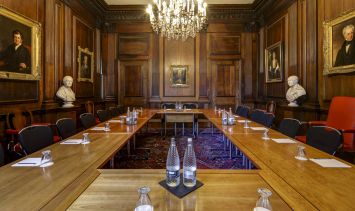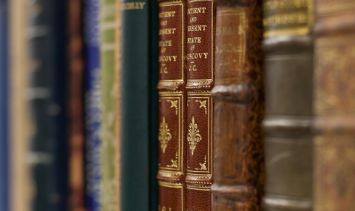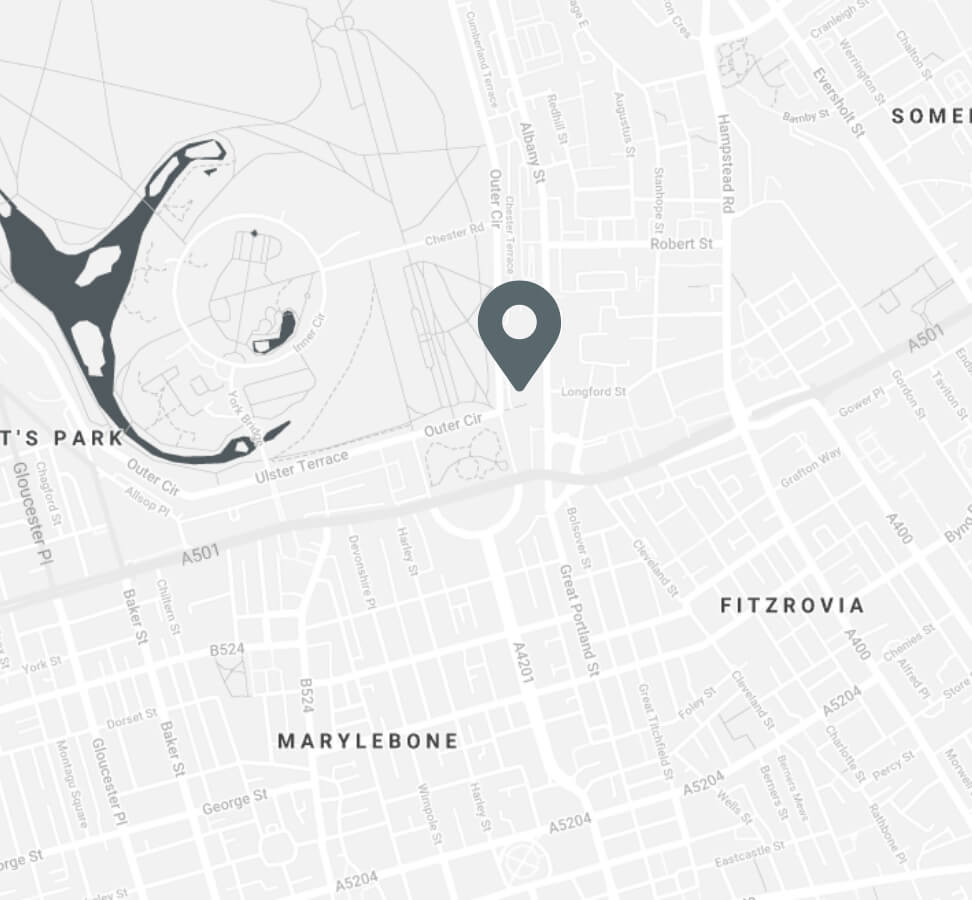
The Royal College of Physicians (RCP) is the oldest medical royal college in England, founded in the XVI century to regulate unqualified physicians and dubious cures. Our organisation boasts a long history of connections with royals and the country's many monarchs, from Henry VIII to Her Majesty Queen Elizabeth II and King Charles III. In this blog, written in collaboration with RCP Museum, we dive into the RCP's history and explore a few of these relationships.
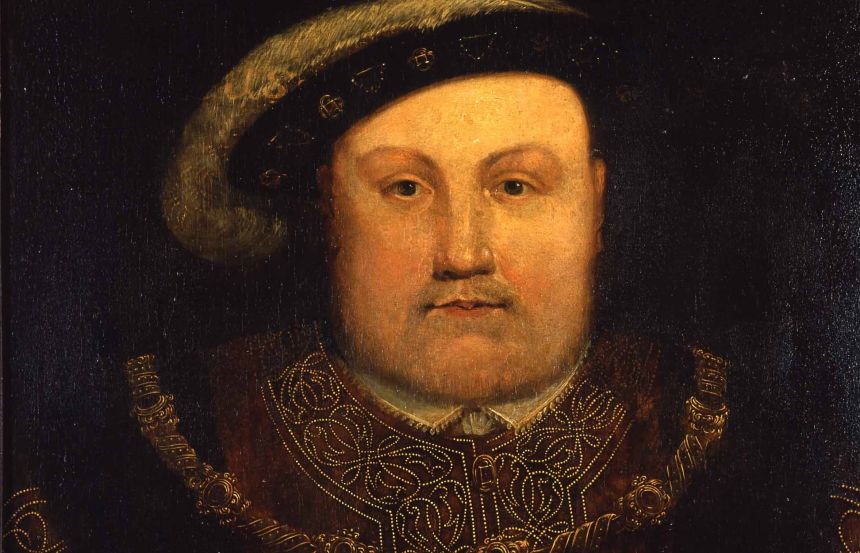
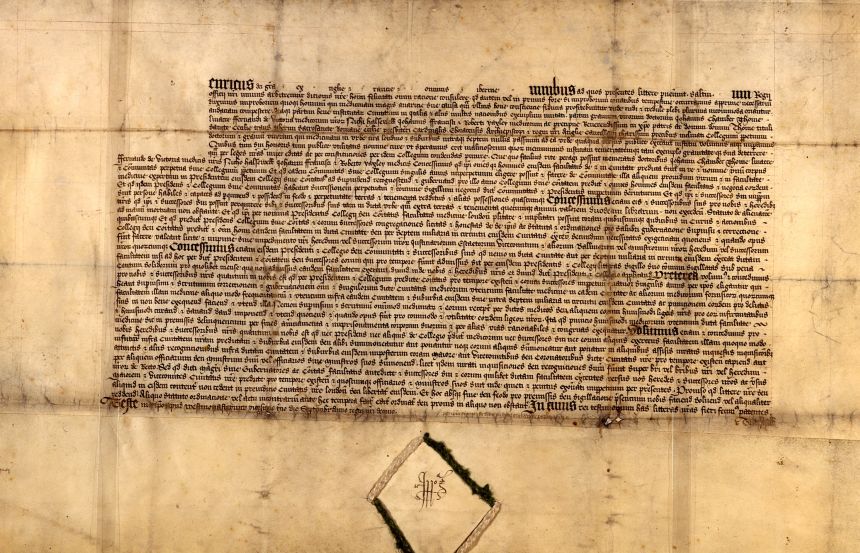
Henry VIII and the RCP's early days
The story of our royal connections starts over 500 years ago when we were founded by a Royal Charter from King Henry VIII.
During the early 1500s, medical practice in England lacked formal regulation, and self-proclaimed ‘physicians’ would treat patients without adequate training or medical knowledge.
Distinguished scholars and physicians, including Thomas Linacre, the king's physician, saw that these unregulated practitioners were undoubtedly doing more harm than good.
By 1518, six leading medical men, including Linacre, persuaded King Henry VIII to establish a College of Physicians. The founding charter allowed these six men to grant licenses to those qualified to practise Physik and to prosecute those that engaged in malpractice.
Since that moment, the college has continued to play a pivotal role in raising standards and shaping public health. On 23 September 1518, the College of Physicians was formally founded, receiving a Royal Charter. This was affirmed by an Act of Parliament in 1523, extending its powers from London to the whole of England.
50 years later, Elizabeth I signed out a charter for anatomies (1565), which gave the RCP access to four bodies of hanged criminals a year. This was a very important privilege for the college in a time when only the bodies of criminals could legitimately be used for dissections and medical teaching.
Relationships with Kings and Queens
Since then, several RCP members became physicians in ordinary or extraordinary circumstances to the various kings and queens of England. Some examples include:
- Sir Theodore de Mayerne (1573 – 1654), the first physician to James I and Queen Anne, who knighted him. On the accession of Charles I, he was appointed first physician to the king and queen;
- Sir Charles Scarburgh (1614-1693), a ‘sufferer for the royal cause’. During the English civil wars, he became the first physician to Charles II, by whom he was knighted in 1669;
- Robert Ferguson (1799–1865), Queen Victoria’s obstetrician, who was present at the birth of all nine of Victoria’s children.
Our relationship with the Royal household continues to date, with the monarch playing the role of the RCP's Visitor (the equivalent of a patron, but a much older term reflecting our organisation's heritage).
Royal visits to the RCP
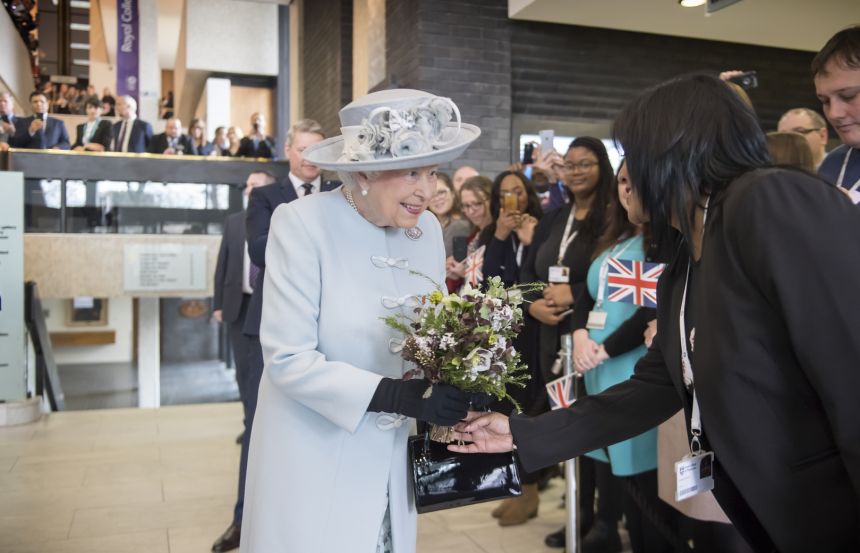
In more recent years we’ve enjoyed various royal visits and connections.
For example, Queen Elizabeth The Queen Mother laid the foundation stone of the RCP’s fifth and current home in Regent’s Park in 1962. She was later elected to the honorary Fellowship.
In 1964, Her Majesty Queen Elizabeth II opened our building. She visited again for our 500th anniversary in 2018, when she met RCP staff and members and unveiled a plaque and a new commemorative Charter, reaffirming our commitment to seeking and championing excellent healthcare.
On 20 March 2002, we were also delighted to welcome newly-crowned King Charles III, back then HRH Prince of Wales, for the opening of the Jerwood Medical Education Centre, which rises in Peto Place.




